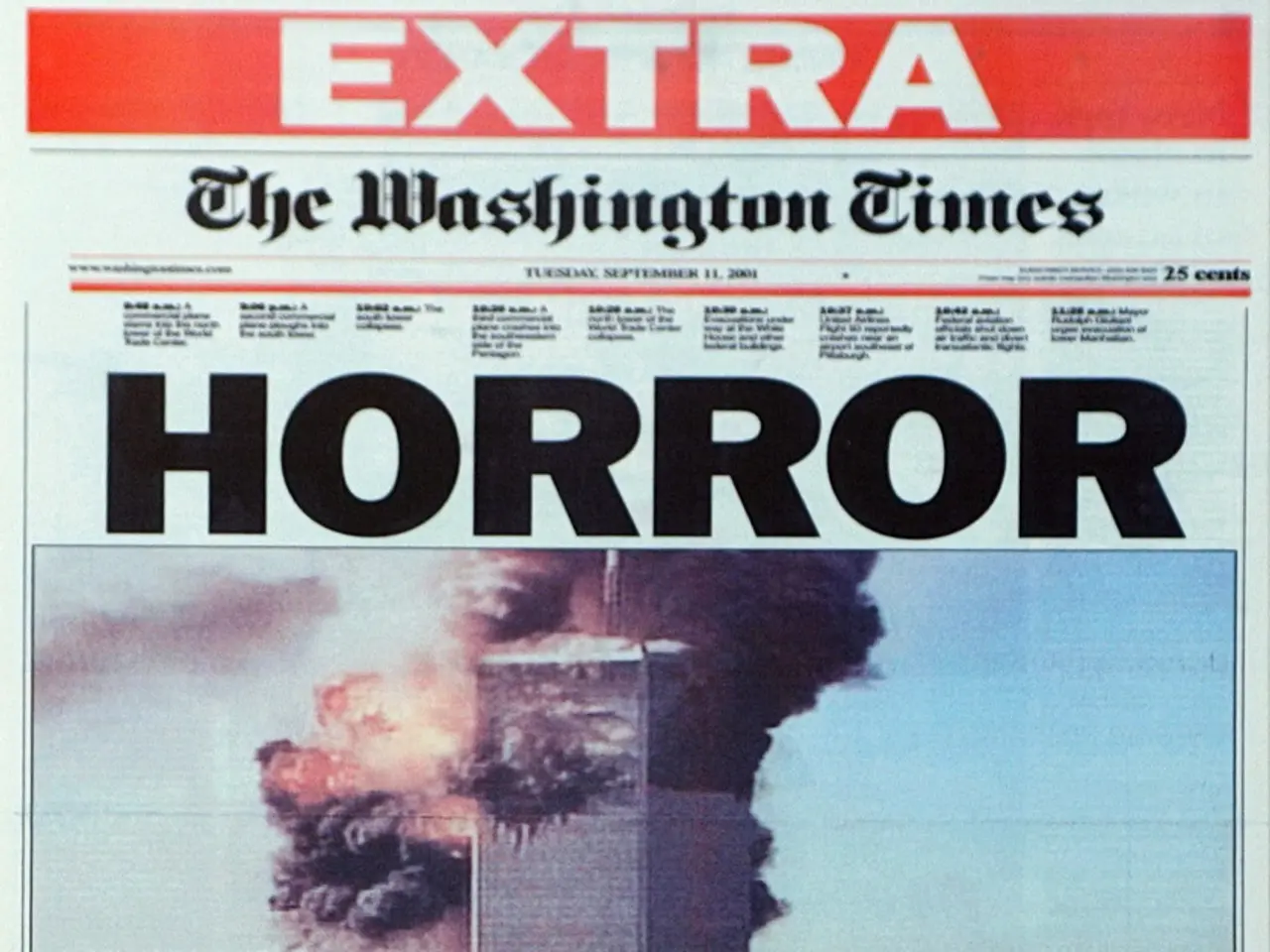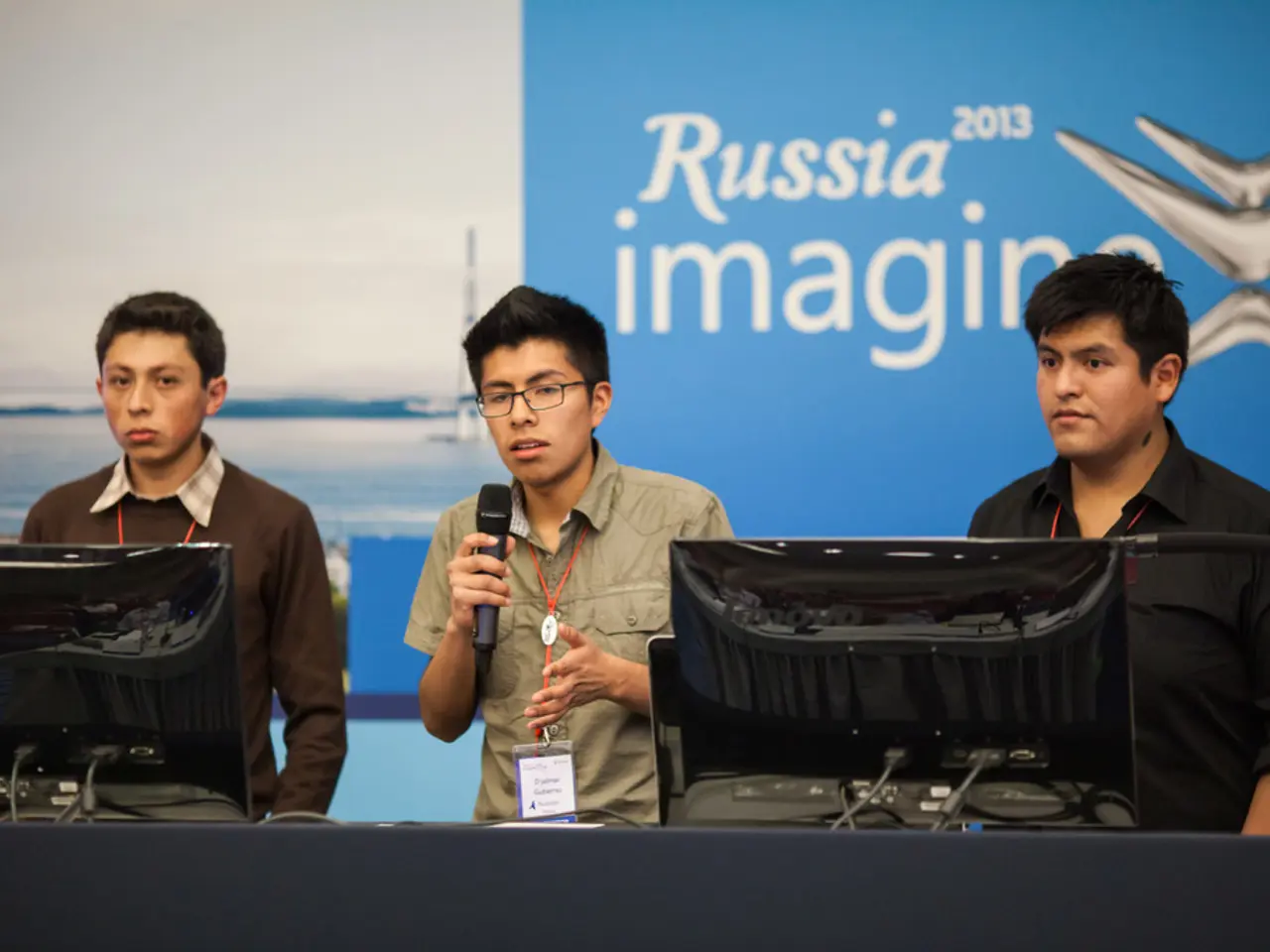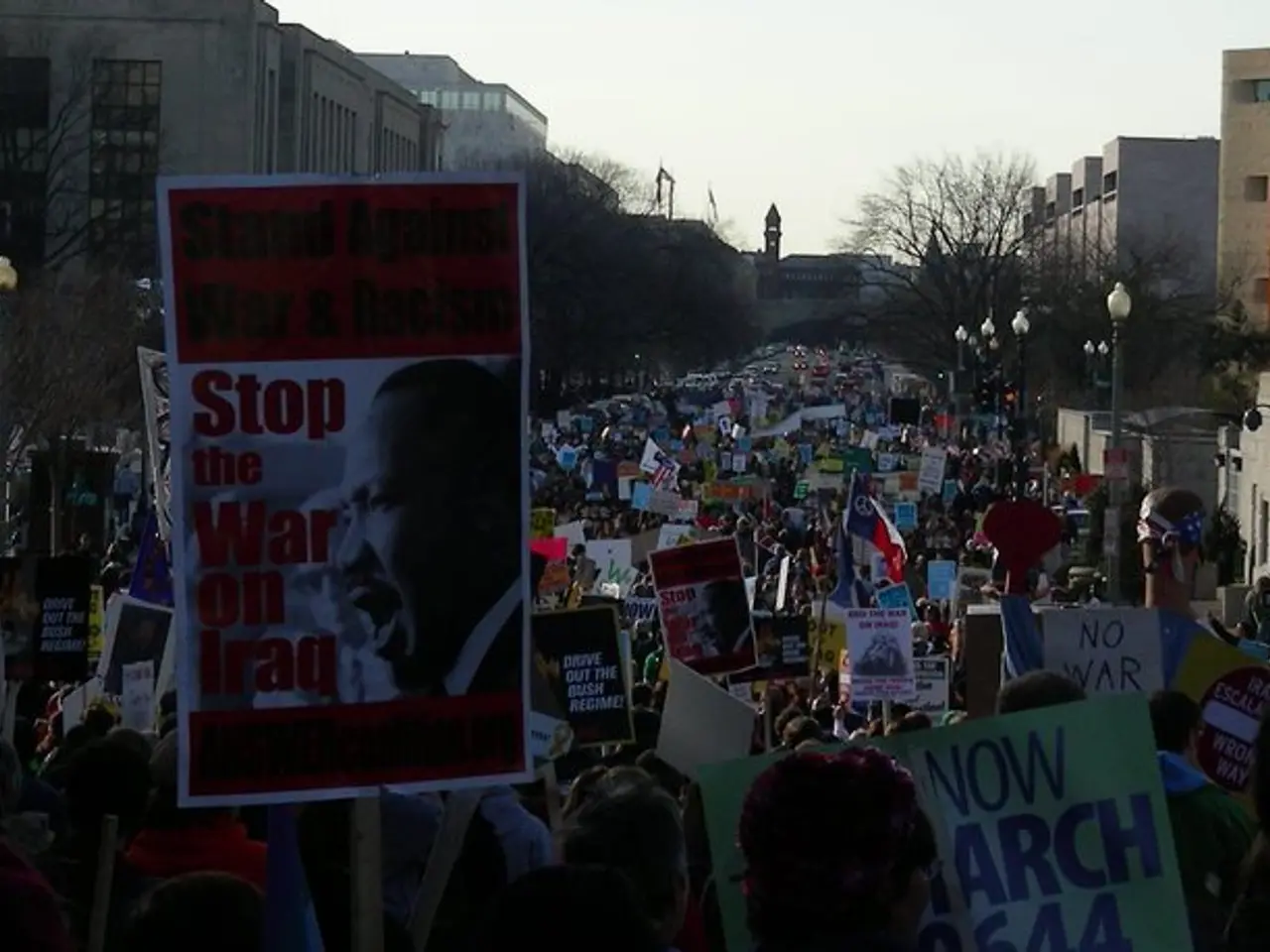Supercharging Bundeswehr Equipment Through Government Initiative: A Response to Russian Tensions
Government seeks to expedite arms purchases - Federal Administration pushes for accelerated acquisition of military arms.
In a bid to strengthen the German military, the Government plans to ramp up weapon purchases and device procurement for the Bundeswehr. This decisive shift is indicated in a draft bill by the Defense and Economic Ministries, as reported by dpa. The main aim of this plan is to expedite and streamline procurement processes.
The blueprint highlights the urgency of quickening all procurements for the Bundeswehr. As stated by industry insiders referenced in "Handelsblatt," the primary goal is "acceleration and simplification for all procurements." This acceleration comes in light of the Russian threat, which has compelled the German authorities to prioritize military preparedness.
To spark change, certain emergency orders will no longer be tendered across Europe but domestically only, with the intent of saving valuable time. Moreover, contracts can be granted post-tender even if a losing bidder files a complaint. Previously, this practice led to the so-called "suspensive effect," oftentimes delaying weapon acquisition by years. The bill allows the legislature to initiate a procurement procedure even when financing is not secured, while reducing bureaucratic requirements to minimize paperwork.
The heightened Russian threat has prompted substantial investments in modernizing the Bundeswehr and replenishing its weapon stocks. Standing in the shadows of the conflict in Ukraine, military spending is exempt from the debt brake. Each year, the Bundeswehr's annual budget sees an increase.
The draft legislation cites the Russian threat as the prime justification for the amendment. There are no indications thus far suggesting that Moscow intends to end its offensive operations in Ukraine. "Statements by the Russian leadership hint that the Russian war objectives transcend Ukraine," the draft argues, necessitating NATO's defense capability enhancement. Ultimately, the German government's objective is "to increase the deterrent and alliance capacity of the Bundeswehr."
Industry leaders, like the Association of the German Security and Defense Industry, welcome the reforms. Hans Christoph Atzpodien, CEO of the said association, believes the proposed regulations will quicken the acquisition of military equipment for the Bundeswehr, thereby placing increased pressure on the industry to expedite the delivery process.
- Russia
- Germany
- Military expenditure
- Bundeswehr
- Weapon purchase
- Military equipment
- Ukraine
- German government
- NATO
- Handelsblatt
Endnote:The recent surge in German defense spending, particularly for Bundeswehr equipment, marks a significant rearmament effort since reunification. The increase is primarily motivated by escalating security concerns in Europe following Russia's full-scale invasion of Ukraine in 2022. This increase underscores a transformative shift in Germany's defense and foreign policy landscape, which in turn reshapes NATO's defense dynamics, enhances European strategic autonomy, and exacerbates geopolitical tensions with Russia.
- The German government's intention to boost military preparedness is evident in the proposed amendment, which aims to expedite weapon purchases and military equipment procurement for the Bundeswehr, in response to growing tensions with Russia, particularly the conflict in Ukraine.
- Alongside the German government's focus on the Bundeswehr's modernization and armament, there is a growing interest in political discourse surrounding war-and-conflicts, general-news, and crime-and-justice, as these topics are intertwined with the current geopolitical climate and military spending.
- In an attempt to alleviate bureaucratic hurdles and expedite the acquisition process, the draft bill advocates for the elimination of the "suspensive effect," reducing bureaucratic requirements, and granting contracts post-tender in the event of a losing bidder's complaint, all aimed at enhancing the Bundeswehr's deterrent and alliance capacity in the face of the ongoing Russian threat.







